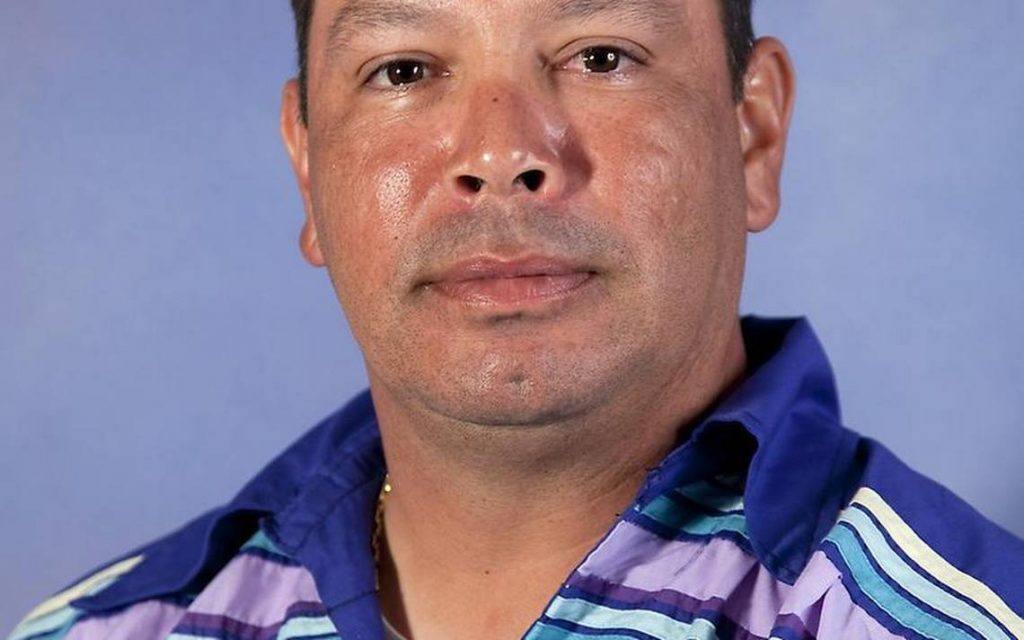Seminole Tribe Rejects Both Florida Gambling Bills
Posted on: March 2, 2017, 04:00h.
Last updated on: March 2, 2017, 11:10h.
Florida’s Seminole Tribe may have just branched out into Atlantic City with the purchase of the Taj, but, closer to home, their relationship with the State of Florida remains complicated.

Two competing bills in the Florida legislature each seek to find different solutions to the fact that tribe and state have been unable to negotiate a new compact since the previous one expired in 2015.
The Seminoles this week rejected both, even the one that’s supposedly designed to protect their interests.
A bill currently wending its way through the House would allow the Seminoles to be granted exclusivity on banked card games, as was the case with its previous compact, but in exchange for $3 billion in payments to the state over seven years.
By contrast, a bill authored by the influential senator, Bill Galvano, would charge the Seminoles the same fee over the same timeline but for the right to offer craps and roulette, as well as blackjack.
Meanwhile, the right to offer blackjack would expand to parimutuel venues. Galvano’s bill would also, among other things, authorize slot machines in eight counties outside South Florida.
Bargaining Power
In a letter to legislative leaders this week, Seminole Tribal Council chairman Marcellus Osceola said that while the House bill was “less objectionable,” neither bills “make economic sense for the tribe.”
We think they’re talking about the “$3 billion to the state” bit.
The House bill is less objectionable because it is essentially a status quo bill, an antidote to the rampant gambling expansion of Galvano’s proposal.
It’s clear that, for the Seminoles, the thought of exclusivity on craps and roulette would not offset the increased competition from the proliferation of blackjack and slots throughout the state.
The tribe’s point-blank refusal is indicative of the its new-found leverage in the negotiations, thanks to a recent court ruling in their favor.
$3 Billion Missed Opportunity
In December, a federal judge ruled that the Seminoles could continue to offer blackjack at their properties until 2030 because the state had violated the previous compact by allowing cardrooms and racetracks to offer banked card games and electronic blackjack at their premises.
The state gambling regulator made a serious error of judgement in approving those games and the ruling deals the Seminoles a massive hand as the negotiations continue.
The Seminoles actually agreed the terms of the compact set out in the House bill last year, in a deal negotiated with Governor Rick Scott, but the legislature failed to pass it. It would have been the biggest casino revenue-sharing deal in the US.
But why would the Seminoles, who, incidentally, are still making large payments to the state purely out of goodwill, agree to $3 billion over seven years now when they’re allowed to offer blackjack until 2030 anyway? The legislature had its chance but it well and truly missed the boat.
No comments yet